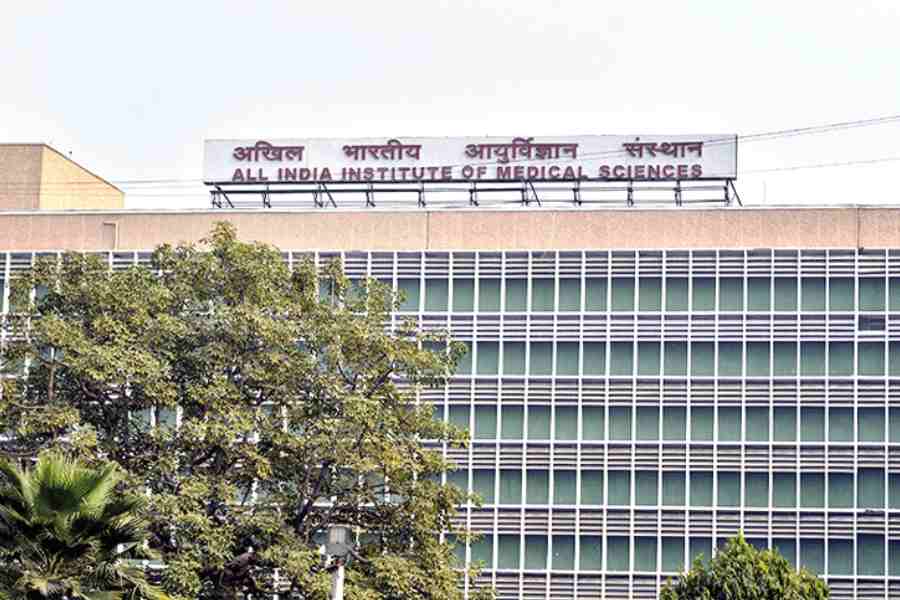A task force of the National Medical Council (NMC) has proposed that the pay scale structure and retirement policy of AIIMS, Delhi be adopted for all medicos to ensure equity and promote job satisfaction.
In its report, the 'National Task Force on Mental Health and Well-being of Medical Students' of the NMC, cited the UGC and AICTE pay scales, calling for standardisation of its policies.
"...interns, post-graduate students, senior residents, super-specialty students, and medical teachers should be compensated according to the AIIMS, New Delhi pay scale across all medical colleges, regardless of whether they are private, public, state, central, deemed university, or any other type of institution," the task force said.
Private practice for medical teachers should be prohibited to ensure the highest quality of medical education, the report added.
"Standardising pay scales, retirement and rotational headship policies across institutions ensures equity and attracts high-quality faculty. Prohibiting private practice for medical teachers and providing non-practicing allowances can maintain the quality and integrity of education," its said.
The pay scale of AIIMS, Delhi will prevent medical teachers from any compromise in their teaching duties and the integrity of education will be maintained, it said.
This measure would ensure that educators are adequately rewarded for their commitment to academic excellence, the report added.
The task force further added, "The current retirement policy for medical faculty is inconsistent and disorganised." A standardised retirement policy should be implemented nationwide by adopting the AIIMS, Delhi policy, it said.
The task force further recommended that a non-practicing allowance should be included to compensate medical teachers who dedicate their time exclusively to teaching and academic duties, thereby enhancing their focus on education and research.
The NMC report also recommended implementing a rotational headship system for department heads to introduce new ideas and practices, and prevent toxic environments under inefficient leadership.
It further said that it was imperative to introduce the New Pension Scheme across all medical colleges.
The task force said that standardised salaries simplify administrative processes, enhance transparency, and reduce potential unfair practices like ghost faculty.
"Insufficient stipends that don't match living costs or workload, coupled with delays in payments, create significant financial instability for medical students. The lack of a uniform stipend policy leads to disparities between states and types of institutions (government and private). There should be a uniform policy for stipends across states and institutions to ensure fair compensation," the task force said.
Timely and regular payment schedules, potentially through direct payment systems for transparency, must be ensured, it said.
The task force underlined that the stipend should be a living recommendation, adjusted according to market inflation. Implementing this policy is essential and should be done proactively, rather than waiting for students to go on strike to demand fair stipends, the report said.
Strikes, delays, and insufficient stipends can have serious consequences on the healthcare of the general population, it said.
The task force also recommended constituting a mentor-mentee programmes, as per NMC regulations to provide guidance and professional development opportunities. These programmes should involve regular meetings, training for mentors, and support for mentees.
At the national level, the permanent member of the National Medical Commission's (NMC) Ethics and Medical Registration Board (EMRB) should serve as the nodal person to ensure the implementation of these recommendations, the task force said.
At the medical college level, the mental health and well-being committee needs to have the following structure -- the dean must serve as the chair, the head of the department (HOD) of Medicine, Surgery, Obstetrics and Gynaecology (OBG) should be designated as the co-chairs (three co-chairs), and the HOD of Psychiatry to act as the member secretary. Additionally, the HODs of each department should be members of this committee, it said.
Except for the headline, this story has not been edited by The Telegraph Online staff and has been published from a syndicated feed.











